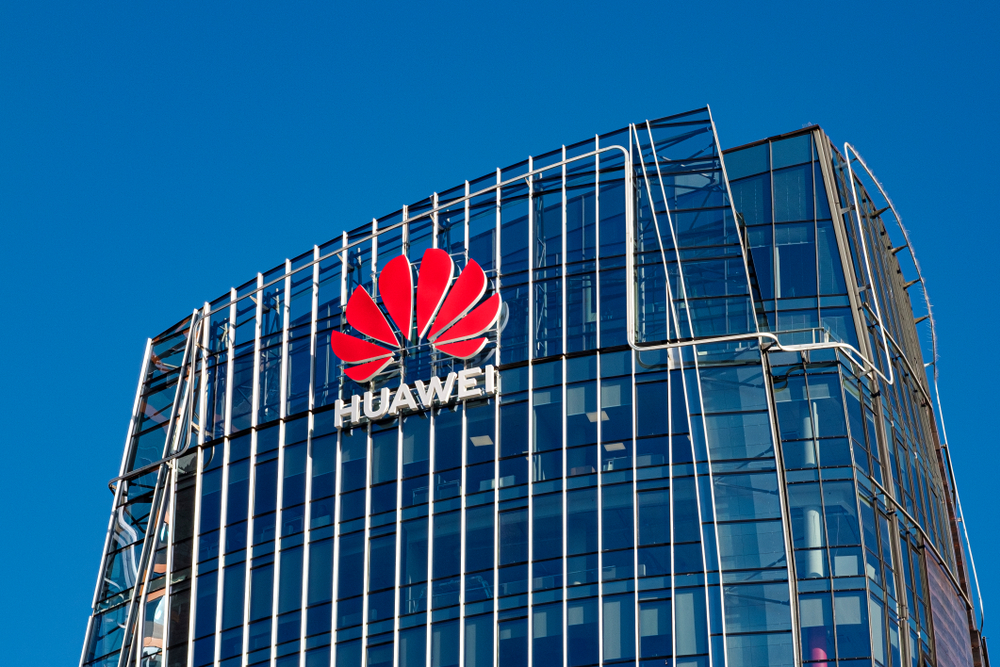Report: US Mulls Restrictions on Chip-Making Equipment Usage in China
Such a move would immediately affect Huawei.

The U.S. Department of Commerce is considering new restrictions on China's usage of U.S. chip-making equipment, The Wall Street Journal reported yesterday, purportedly because it wants to make it harder for Huawei to source processors.
Previous restrictions have made it difficult for U.S. companies like Intel to continue supplying chips to Huawei. But Huawei responded by looking to ditch U.S. semiconductor companies in favor of their Chinese counterparts. Huawei can't make that switch right away because the Chinese semiconductor industry lags behind its American competition. But the Chinese government's $29 billion commitment to supporting its chip-makers could help bridge that gap.
Now it seems the U.S. plans to stymy those plans by "drafting changes to the so-called foreign direct product rule, which restricts foreign companies' use of U.S. technology for military or national-security products," The Wall Street Journal said.
Foreign companies would have to obtain licenses from the U.S. government to make chips for Huawei using American equipment, according to the report. U.S. companies would also have to manage new restrictions on supplying Huawei.
Those restrictions could be devastating to China's efforts to better establish its own semiconductor industry. Having to make your own chips is one thing; having to make the equipment needed to manufacture those chips is another thing entirely.
Get Tom's Hardware's best news and in-depth reviews, straight to your inbox.

Nathaniel Mott is a freelance news and features writer for Tom's Hardware US, covering breaking news, security, and the silliest aspects of the tech industry.
-
pug_s Sounds like a desperate ploy from the US government to stop Huawei from competing fairly. Germany and the UK are quietly buying Huawei's 5g equipment and Huawei don't want to put backdoors for the US to exploit.Reply -
bit_user Reply
I think it's more about trying to create short-term leverage in trade negotiations. Either way, it'll hurt the US in the mid- to long-term.pug_s said:Sounds like a desperate ploy from the US government to stop Huawei from competing fairly.